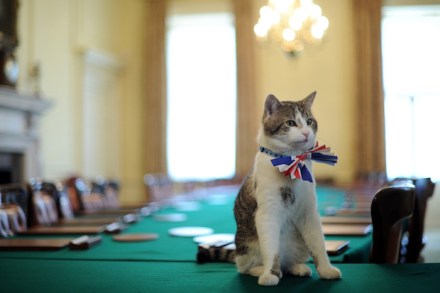The uses of terror
I mean no disrespect to the dead when I say that Islamist terror in the developed world can seem a pathetic affair. Instead of fanatics executing elaborate plots to attack the Twin Towers and Pentagon, we have ‘lone wolves’ radicalised online, who more often than not turn out to be mentally deficient losers, rather than grand villains executing an intricately planned conspiracy. There is a temptation to dismiss the killers as freaks. Like violent storms, they just happen. And like violent storms, there is little you can say about them and even less you can do to stop them. If it ever made sense, dismissiveness is now a clearly inadequate




















